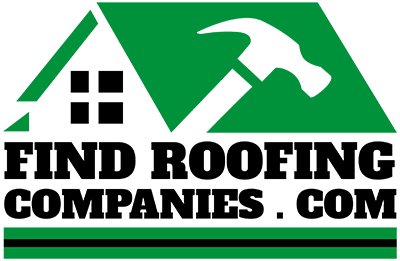Becoming a skilled roof inspector requires hands-on experience evaluating different roof styles, grasping safety procedures, and refining technical abilities through on-site training. Pursuing applicable certifications, like those provided by NRCIA, confirms expertise and adherence to local regulations. Licensing criteria, which differ by state, can be managed with advice from organizations like NRCA. Establishing connections within the sector, networking with experienced professionals, and participating in industry events are essential for broadening professional opportunities. Participating in a proactive job search process will improve your likelihood of securing rewarding positions in the field.
Education and Training
To become a skilled roof examiner, acquiring the necessary education and training is vital. Roof examiners often begin by gaining on-the-job experience through apprenticeships, where they learn the ins and outs of the profession. These opportunities provide invaluable hands-on experience in evaluating various roof types, identifying common issues, and understanding safety protocols.
Additionally, developing technical skills is essential for a successful career as a roof examiner. This includes receiving thorough field training to hone the ability to identify structural weaknesses, water damage, and other potential problems.
Field training allows aspiring roof examiners to apply theoretical knowledge in real-world scenarios, refining their observational and problem-solving skills.
Certifications and Licensing
Earning pertinent certifications and acquiring proper licensing are vital steps for individuals pursuing a career as a roof inspector. Certification ensures that inspectors are knowledgeable about industry standards and best practices.
The National Roof Certification and Inspection Association (NRCIA) offers certification programs that cover various aspects of roof inspection, including safety protocols, material identification, and inspection techniques. These certifications validate an inspector's expertise and can enhance their credibility in the industry.
In addition to certifications, acquiring the necessary licensing is essential for practicing as a roof inspector. Licensing requirements vary by state, so it is important to research and comply with local regulations.
Professional organizations such as the National Roofing Contractors Association (NRCA) can provide guidance on licensing requirements and connect aspiring inspectors with pertinent resources.
Job Search and Networking
Having completed the necessary certifications and licensing requirements, individuals aspiring to become roof inspectors can now focus on the next essential phase of their career journey: the job search and networking process. Building relationships within the industry is vital for aspiring roof inspectors. Networking with experienced professionals can provide valuable insights, job leads, and mentorship opportunities.
Attending industry events such as conferences, trade shows, and workshops can also help in expanding one's professional network. These events offer a platform to meet potential employers, learn about the latest trends and technologies in the roofing industry, and establish meaningful connections with key stakeholders.
Moreover, utilizing online platforms like LinkedIn can be instrumental in connecting with industry professionals and staying updated on job openings. By actively engaging in networking activities and staying proactive in the job search process, aspiring roof inspectors can increase their chances of securing rewarding opportunities in the field.
